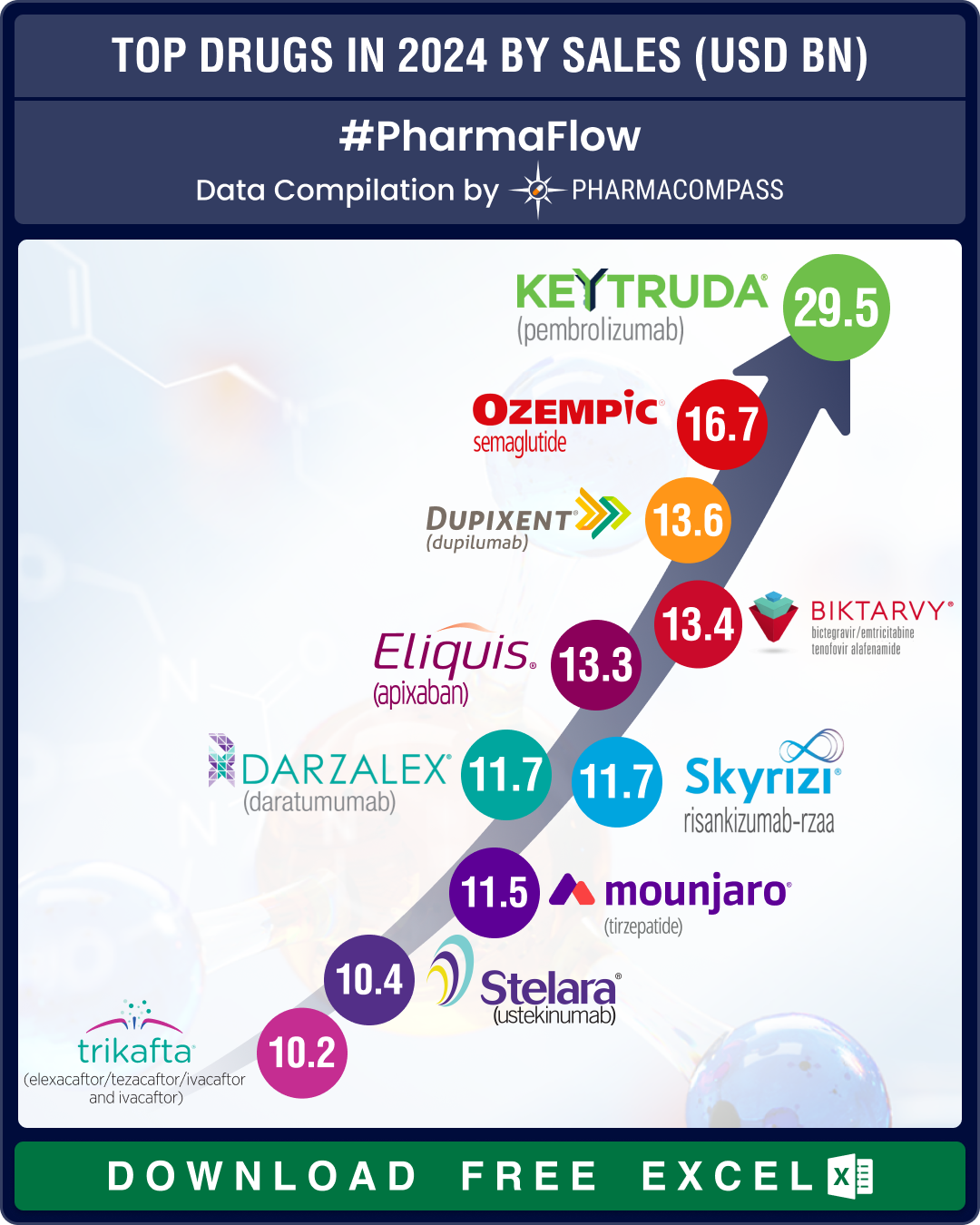
Just when Indian pharma majors like Cadila Healthcare and Strides Shasun announced successful outcomes of their recent US Food and Drug Administration (FDA) inspections, two little known companies — Sal Pharma and Vikshara Trading & Investments Ltd — were issued warning letters by the US regulator.
The warning letters to both these Indian companies suggest a complete disregard for regulatory compliance and current good manufacturing practices (cGMPs). The concerns raised by the US FDA at these two companies ranged from faking certificate of analysis (COA) to faking a workers’ strike.
The ‘fake’ strike at Vikshara
The warning letter issued to Vikshara states that the US FDA had contacted the firm in April 2016 to facilitate an inspection process and ensure appropriate records and personnel would be available.
In June, the company notified the FDA that the “factory workers and staff have gone on strike”. Two days later, the company informed the FDA that workers had blocked off the entrance of the facility as part of their protest.
“As a result of these communications FDA cancelled our pre-announced June 27, 2016, inspection,” the warning letter said.
On July 15, 2016, Vikshara informed the FDA that its employees continued to remain on strike. On August 8, 2016, the company provided “purported evidence of the strike, including copies of employee resignation letters and a photograph of striking employees blocking the entrance” to its facility.
When the FDA inspection finally occurred on October 18, 2016, the FDA obtained evidence that the firm actively manufactured numerous products at the time of the supposed strike — between July 11 and August 9, 2016.
During
inspection, Vikshara restricts access
Vikshara’s troubles with the FDA didn’t end there. Once the FDA investigator entered the facility, access to areas was restricted as doors were locked. Moreover, Vikshara did not provide batch records to the FDA investigator, and the firm had turned the lights off in the facility.
Even in areas that the FDA was able to access, the investigator had to perform parts of the walkthrough in the dark, using a flashlight. Even with limited visibility, the FDA investigator observed powder scattered throughout the production areas and empty boxes, trash, finished drug products covered in powder, and containers littered throughout the facility.
The US FDA placed Vikshara on an Import Alert for refusing an inspection and failure to comply with cGMPs in February 2017.
Sal
Pharma falsifies COAs
In the warning letter to Sal Pharma, the FDA has highlighted a culture of blatant disregard for compliance. The company was found to falsify COAs, as FDA investigators found that two of Sal Pharma’s suppliers were not registered with the FDA as drug manufacturers at the time of inspection. However, when Sal shipped API from these firms to the United States, it declared on importation documents and the COA that Sal Pharma was the manufacturer.
“During the inspection, you stated that you drive your car and pick up API from various suppliers, relabel API in your car with Sal Pharma’s information, and then transport API to your clearing agent,” says the FDA warning letter.
The FDA raised concern that in the time of the operation described, there is no assurance that the API is securely stored in a temperature-controlled environment.
Michigan-based Huron
Pharma also in COA-related trouble
The COA problem is not limited to India, as the FDA also issued a warning letter to Huron Pharmaceuticals based in Michigan, which was inspected in December 2016. During the inspection, the FDA uncovered that the firm “repeatedly omitted the name and address of the original API manufacturer on the COA” it issued to its customers and “did not include a copy of the original batch certificate”.
The firm repackaged and redistributed API without maintaining master production batch records and released API for distribution before it received and reviewed records from the drug testing lab.
The FDA found that the firm uses shared equipment for the API it manufactures. However, the cleaning procedures used were found to be inadequate as the firm had not performed any validation tests to determine whether the cleaning procedure was able to remove drug residues to prevent cross-contamination.
Our
view
While staying in compliance can be a challenge for most organizations, companies like Sal Pharma and Vikshara Trading & Investments Ltd showed complete disregard for regulatory compliance through their unethical practices.
The letters to both Sal Pharma and Vikshara have been written by Thomas Cosgrove, director of FDA’s Office of Manufacturing Quality within the Center for Drug Evaluation and Research. Interestingly, last week this senior FDA official mentioned that some of the biggest challenges drugmakers face today emerge from contracting with foreign manufacturers.
This week’s Phispers also carries this news snippet. Surely, such observations from regulatory inspections at companies like Sal Pharma and Vikshara put the entire Indian pharmaceutical industry in a tight spot.
Cosgrove went on to mention that European companies have a strong culture of quality and “can perform pretty consistently," But, like in other parts of the world, these companies might not have a deep experience with how the US regulations work or even how to deal with the FDA.
Insofar as India is concerned, it will take a lot of effort on part of the Indian pharma industry to change this perception of Cosgrove, and the other FDA officials.
The PharmaCompass Newsletter – Sign Up, Stay Ahead
Feedback, help us to improve. Click here
Image Credit : Cheat ! by Craig Sunter is licensed under CC BY 2.0
“ The article is based on the information available in public and which the author believes to be true. The author is not disseminating any information, which the author believes or knows, is confidential or in conflict with the privacy of any person. The views expressed or information supplied through this article is mere opinion and observation of the author. The author does not intend to defame, insult or, cause loss or damage to anyone, in any manner, through this article.”






